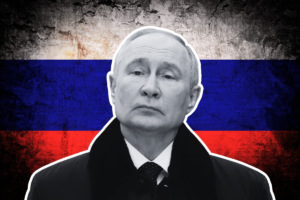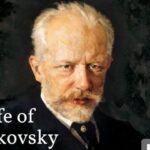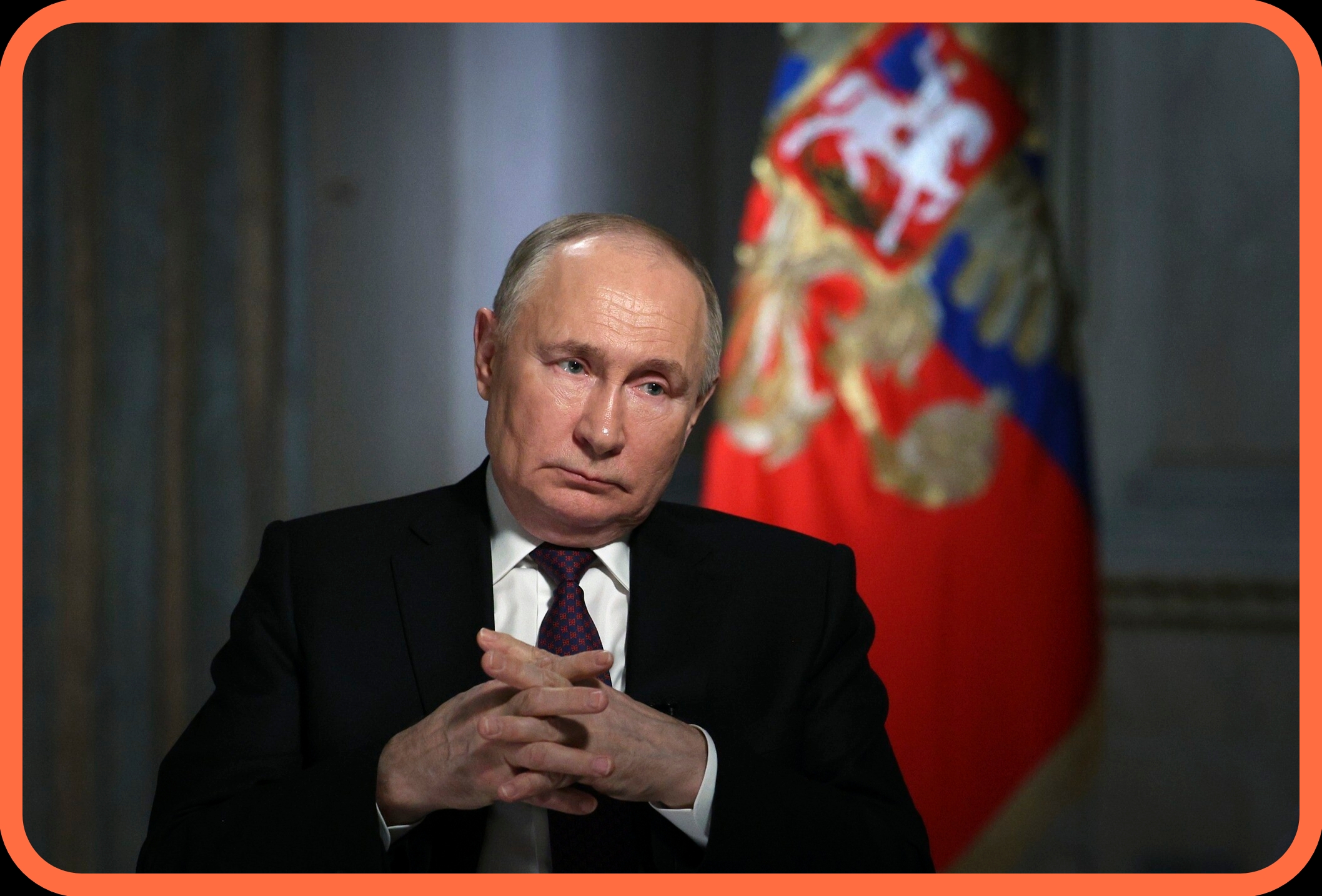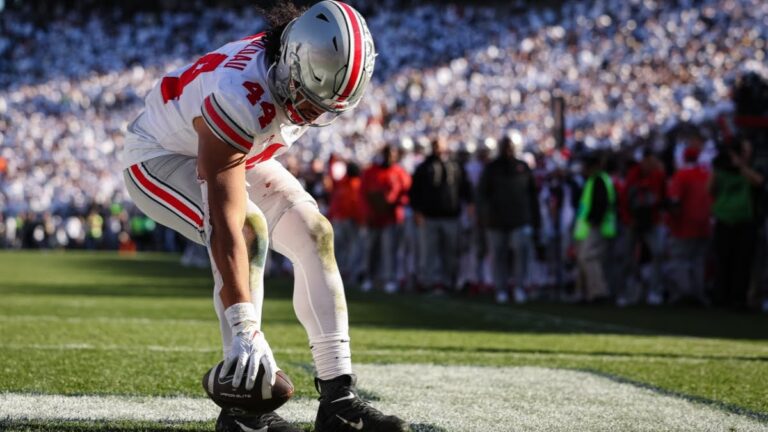For over two decades, Vladimir Putin has been a dominant force in Russian politics, steering the nation through tumultuous times and cementing his position as a global power player. However, as the years pass, signs of leadership fatigue are becoming increasingly evident. The once unassailable Kremlin strongman now faces challenges that threaten to undermine his influence both domestically and internationally.

Vladimir Putin: A Historical Overview
Tired Putin‘s rise to power in the late 1990s marked a significant turning point for Russia. Emerging from the chaos of post-Soviet transitions, Putin promised stability and a return to global prominence. Under his leadership, Russia experienced a resurgence in geopolitical influence, bolstered by aggressive foreign policies and strategic energy exports.
Leadership Fatigue: The Cracks Begin to Show
Despite his longstanding grip on power, there are growing signs that Putin’s leadership is beginning to wane. Leadership fatigue, a common phenomenon among long-serving leaders, is increasingly evident in Putin’s administration. This fatigue is characterized by a loss of innovative policy solutions, resistance to change, and a reliance on old strategies that may no longer be effective.
The Kremlin’s Struggles
Within the Kremlin, power dynamics are shifting. The once tightly controlled political environment is showing signs of strain. Internal conflicts and power struggles among Putin’s inner circle are becoming more pronounced. These struggles indicate a weakening of the centralized control that has defined Putin’s leadership style.
The Russian Economy: A Growing Concern
One of the most significant challenges facing Putin is the state of the Russian economy. Economic stagnation, exacerbated by international sanctions and fluctuating oil prices, has placed immense pressure on the government. Public dissatisfaction with economic conditions is rising, and this discontent is beginning to erode the support base that Putin has relied on for years.
Domestic Policy Challenges
Domestically, Putin’s administration faces a host of challenges. Public opinion is shifting, with increasing numbers of Russians expressing discontent with government policies. Issues such as corruption, declining living standards, and lack of political freedoms are becoming focal points of public frustration.
Geopolitical Influence and International Relations
On the international stage, Russia’s geopolitical influence is being tested. The aggressive foreign policies that once bolstered Putin’s image are now leading to increased isolation. Relations with Western countries remain strained, and Russia’s involvement in conflicts such as those in Ukraine and Syria has drawn international condemnation.
Public Opinion and Political Stability
Public opinion plays a crucial role in political stability, and in Russia, this opinion is becoming increasingly volatile. Recent protests and demonstrations indicate a growing willingness among Russians to challenge the status quo. This shift in public sentiment poses a significant threat to the stability of Putin’s administration.
Succession Planning: The Uncertain Future
As Putin ages, questions about succession planning become more urgent. The lack of a clear successor creates uncertainty and potential instability. This uncertainty is exacerbated by the authoritarian nature of Putin’s rule, which has stifled the development of alternative leadership within the political system.
Authoritarianism and Its Limits
While Putin’s authoritarian approach has allowed him to maintain control for years, it also has its limits. Authoritarian regimes are often vulnerable to sudden shifts in power dynamics, and the increasing signs of leadership fatigue suggest that Putin’s grip on power may not be as secure as it once was.
The Impact on Global Strategy
Putin’s leadership has always been closely tied to Russia’s global strategy. As his influence wanes, so too does Russia’s ability to assert itself on the world stage. The decline in geopolitical influence is not just a result of external pressures but also an indication of internal weaknesses.
Political Legacy: What Lies Ahead
As Putin’s tenure appears to be approaching its twilight, the question of his political legacy looms large. Will he be remembered as the leader who restored Russia’s global standing, or as a symbol of missed opportunities and unfulfilled potential? The answer will depend on how the remaining years of his leadership unfold.
Conclusion
The waning influence of Vladimir Putin is a multifaceted phenomenon, driven by a combination of leadership fatigue, economic challenges, shifting public opinion, and geopolitical pressures. While Putin remains a significant figure in Russian politics, the signs of decline are becoming increasingly difficult to ignore. The future of Russia, and its place in the global order, will be shaped by how the nation navigates this period of transition. As the world watches, the legacy of one of the most influential leaders of the 21st century hangs in the balance.
Further Analysis
To fully understand the current state of Putin’s influence, it is essential to delve deeper into specific areas:
Economic Stagnation and Sanctions
The impact of international sanctions on the Russian economy cannot be overstated. These sanctions, primarily imposed in response to Russia’s actions in Ukraine and other regions, have significantly hindered economic growth. The reliance on oil exports has left the economy vulnerable to global price fluctuations, and efforts to diversify have been slow and largely ineffective.
Corruption and Governance
Corruption remains a pervasive issue within Russia, affecting all levels of government. This corruption undermines public trust and hampers economic development. Efforts to combat corruption have been insufficient, and in many cases, those in power benefit from the status quo.
Military Engagements and Foreign Policy
Russia’s involvement in international conflicts, particularly in Ukraine and Syria, has been a double-edged sword. While these actions have demonstrated Russia’s willingness to assert its power, they have also led to international isolation and economic repercussions. The long-term sustainability of these engagements is increasingly being questioned.
Social Issues and Public Sentiment
Social issues such as inequality, healthcare, and education are becoming more prominent in public discourse. The government’s response to these issues will play a critical role in shaping public opinion. Failure to address these concerns adequately could lead to further erosion of support for Putin’s administration.
Technological Advancements and Cyber Capabilities
Russia’s advancements in cyber capabilities have been both a point of pride and a source of controversy. While these capabilities have bolstered Russia’s position as a formidable cyber power, they have also led to allegations of interference in other nations’ political processes, further straining international relations.
Conclusion: A Pivotal Moment in Russian History
As Vladimir Putin’s leadership enters what many believe to be its final phase, Russia stands at a crossroads. The decisions made in the coming years will determine the nation’s trajectory for decades to come. Addressing the economic, social, and political challenges facing the country will require innovative solutions and a willingness to adapt. Whether Putin can rise to the occasion or if a new leader will emerge to guide Russia through this period of change remains to be seen. What is certain, however, is that the era of Putin’s dominance is drawing to a close, and the world is watching closely to see what comes next.


















